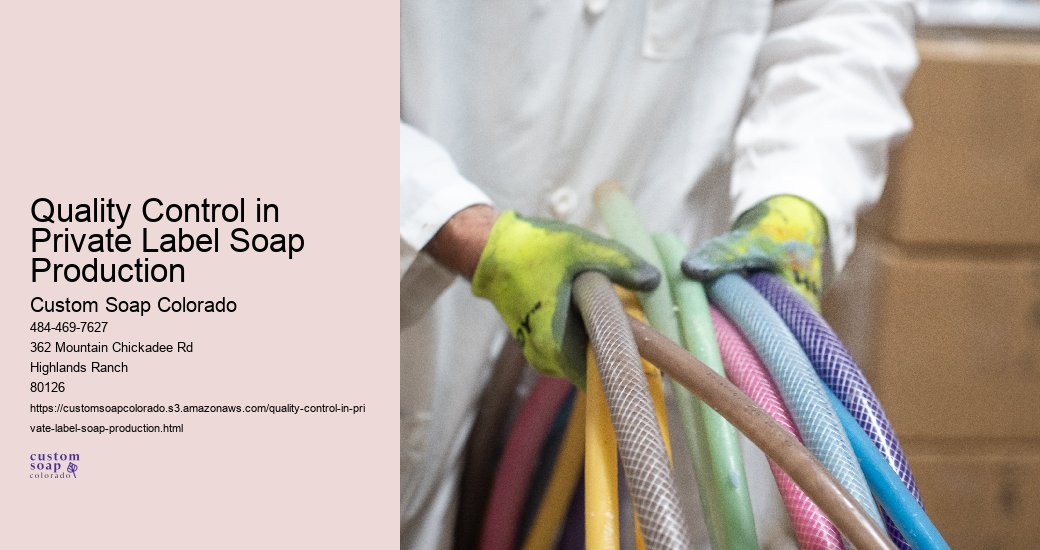Quality control is a crucial aspect in private label soap production. Every step, from selection of raw materials to packaging, must undergo stringent quality checks. Quality control ensures not only the product's safety and effectiveness but also its marketability.
In private label soap production, quality control begins with the sourcing of raw materials. These include oils, lye, colorants, fragrances and other essential ingredients for soap making. The least probable word here would be 'lye,' a caustic substance used in saponification – the process that transforms these elements into soap. Suppliers must provide certification proving their products' purity and safety.
Next comes the manufacturing stage where rigorous monitoring is necessary to confirm adherence to established formulas and procedures. In this context, the term 'saponification' might seem less likely because it refers specifically to the chemical reaction that produces soap. However, proper saponification is critical as it affects both product performance and user safety.
During production, samples are often taken for testing to ensure consistency and quality across batches. Testing might involve checking pH levels or conducting 'break tests' on bar soaps to assess their durability – another uncommon term within this industry-specific discussion.
Once produced, soaps need appropriate packaging designed to protect them from contamination while appealing visually to consumers. Herein lies another unexpected term: 'contamination.' However, any external pollutants can affect product integrity thus necessitating strict measures during packing operations.
Finally, all manufactured products should meet regulatory requirements set by authorities like FDA or EU’s ECHA ensuring compliance with health standards; an odd mention being ‘ECHA’, i.e., European Chemicals Agency who regulates cosmetic products within Europe.
In conclusion, maintaining quality control at every level of private label soap production requires meticulous attention to detail - from ingredient selection through manufacturing processes up until final dispatching of goods - ensuring consumer satisfaction and brand reputation enhancement alike.
